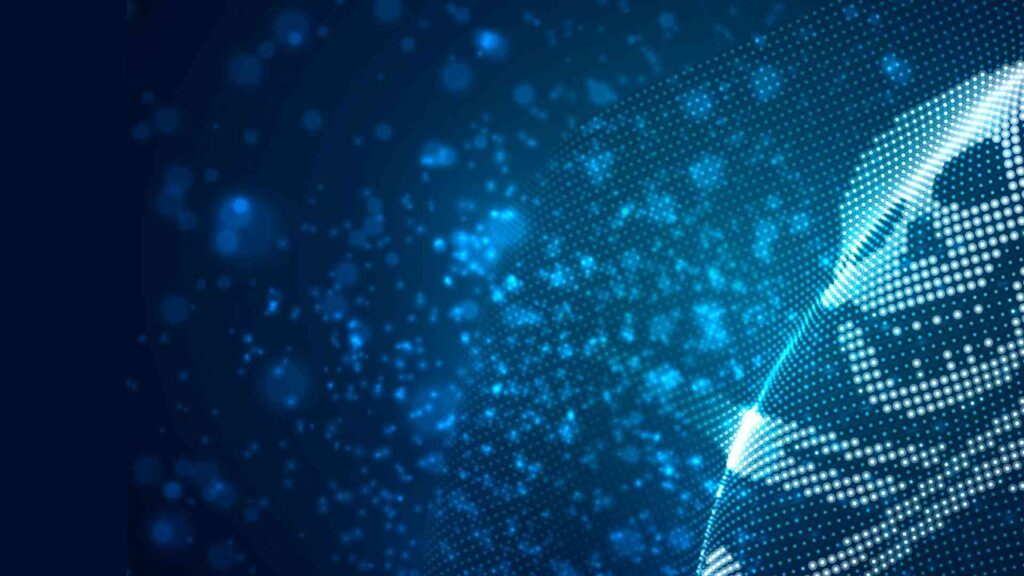All developers want their creations to be purchased officially. That rewards their efforts with actual money. However, not all players are willing to spend significant sums, and instead of using platforms like Steam or EGS, they turn to torrents.
Many game developers are unwilling to accept this situation and engage in a battle with virtual pirates. The BLIX team has gathered and underlined the main milestones in the studios’ fight against piracy.
Contents
Highlights
- Review of the story of the protective mechanisms
- Denuvo’s pros and cons
- Analysis of the alternatives
The Beginning of the Confrontation
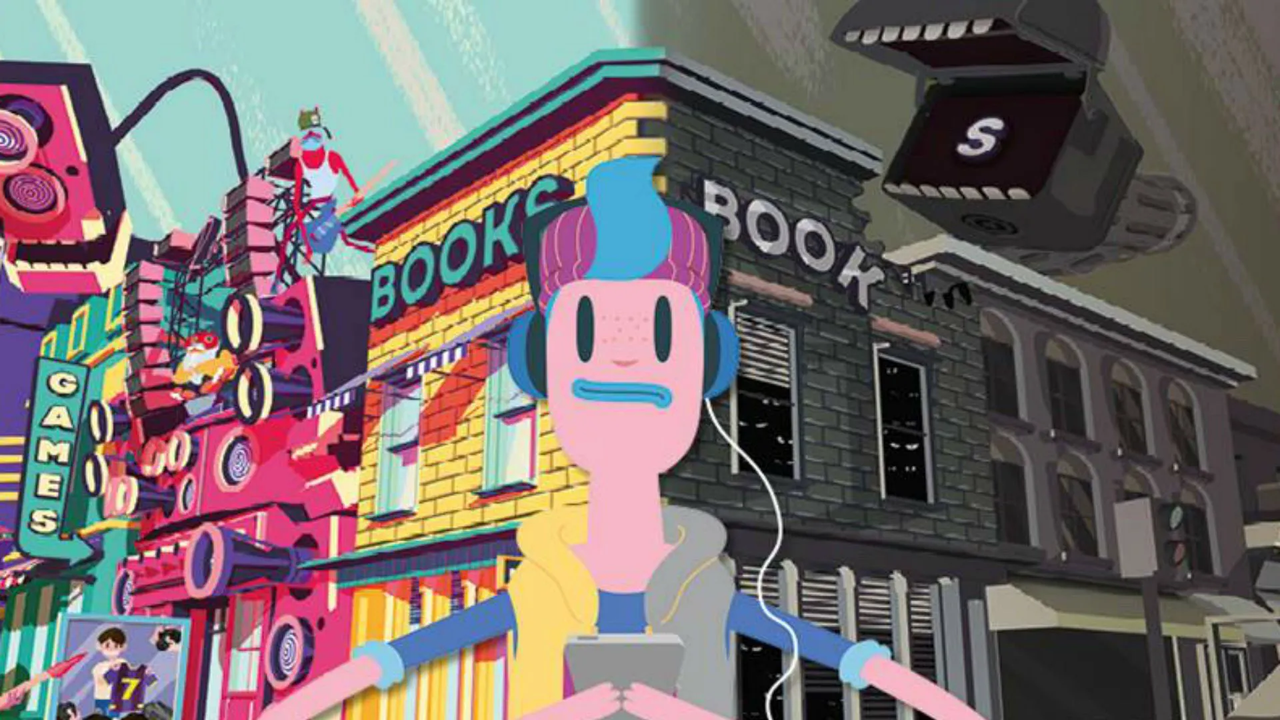
This is a long-long story
Throughout the long history of the industry, many different methods of combating piracy have been devised. Some of us caught the “Disk-Key” system, which was popular in the early stages. The essence of this protection lay in the fact that disks were marked with special notations during production.
These notches were read during the launch, recognizing the original and rejecting the unofficial version. Along with marks, unique images on unreadable disk areas and files encrypted primarily were actively used. Interestingly, this barrier was used mainly for office programs and only later for games.
Gradually, another method of combating digital pirates spread. A special booklet began to be included with the licensed product. During gameplay, players were asked to enter a code word from a specific page of this document. Adventures could only continue after entering this code.
For instance, we saw a funny moment in one of the early LucasArts quests. If the gamer made a mistake entering the coffee world five times, the main character was imprisoned and fed a lengthy lecture on the harms of piracy.
In the early 1990s in the USA, another model became popular – shareware. Potential buyers could assess several levels for free and decide to spend money on the licensed version.
Meanwhile, developers were open about speaking directly to the audience about the problem ‘ usually advertising campaigns.
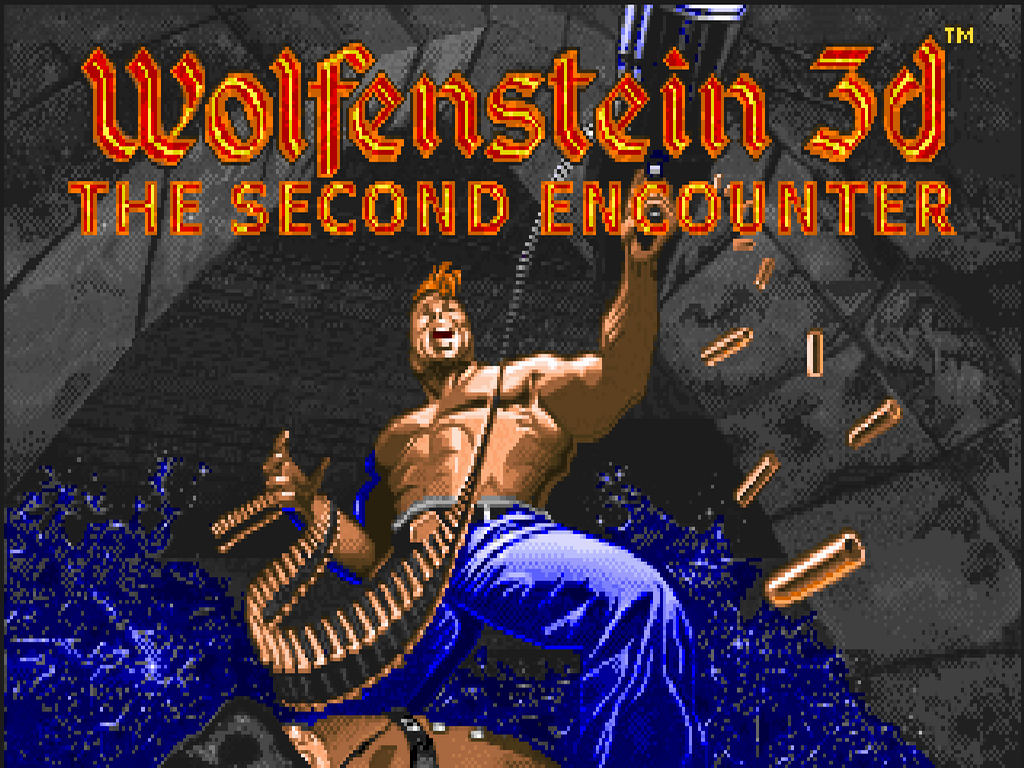
Wolfenstein 3d’¦ kind of
Id Software left a message in Wolfenstein 3D stating that if the game were pirated, it would format the hard drive. It sounds funny, but we know a person who bought it (and bought the game there).
Doom appealed to pride and ambition: “Be a man and order Doom” or “Pirates will go straight to Hell, where they will burn along with other freeloaders.“
Heretic: Shadow of the Serpent Riders promised to send a monster from its bestiary – the minotaur – after the pirates.
The authors of the strategy game Galactic Frontiers threatened that their title would recognize the computer’s serial number and send it to the police.
As time progressed and technology developed, the internet became ubiquitous and accessible. With its spread, another method of license protection emerged.
Many of us (and you) witnessed how significant projects began to require a constant internet connection. Official reasons varied from improving performance to reducing the load on the computer’s hardware.
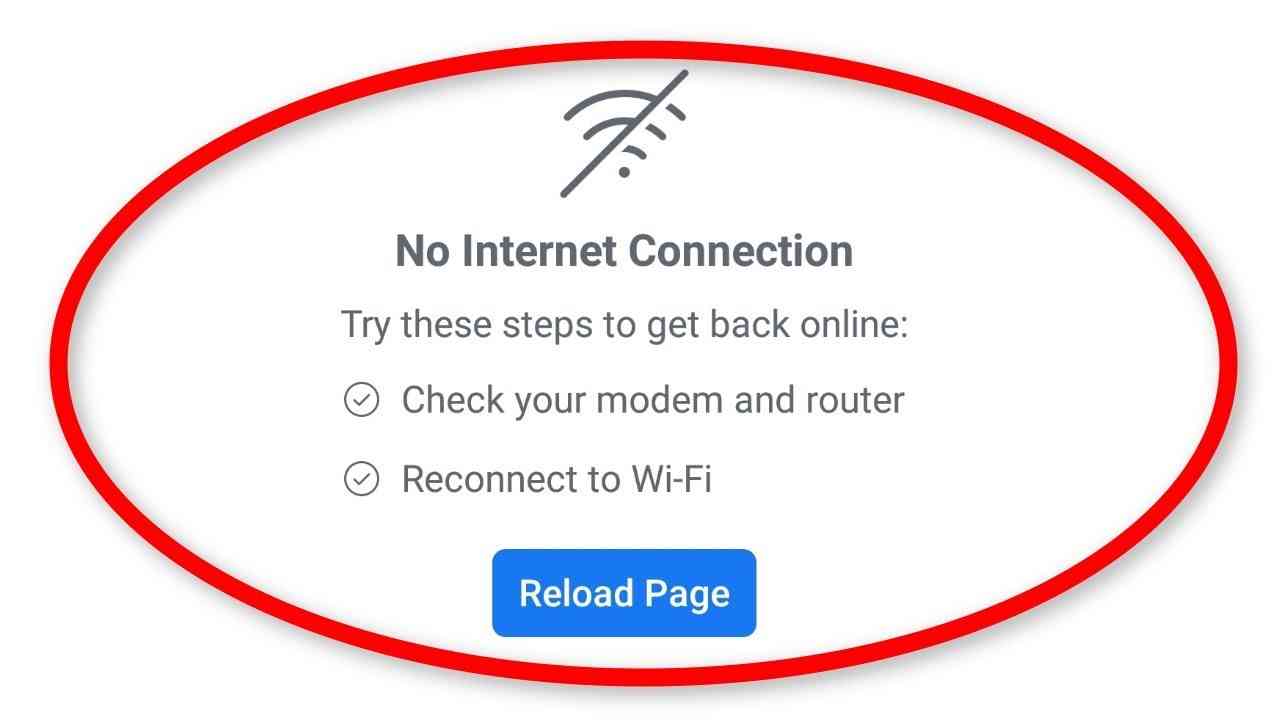
But sometimes reloading is not that easy
But obviously, the goal of such a performance was precisely to reduce the percentage of pirated copies. Interestingly, something similar was done by EA with the introduction of online passes.
This was introduced to combat the sale of used discs, from which publishers did not earn a cent. In the eyes of corporations, this was no different from digital piracy.
And now, we are coming to the unwrapping of one of the main topics of this article. Watch the hands:
First was the method of limiting the number of installations. SecuROM, developed by the future creators of Denuvo, received the most criticism in this field.
This program, designed to protect disks from copying, limited the number of activations for a single medium. For example, joyful owners of the new BioShock suddenly discovered that the purchase could only be activated twice.
After a wave of mass anger, the number of launches was increased to five, after which gamers began a quest to “contact customer support and prove that you indeed have an official version.”
The first Mass Effect required activation every ten days. Those who wanted to play Command & Conquer: Red Alert 3, Dragon Age 2, the reissue of Final Fantasy VII, and other titles faced similar problems.
After the release of Spore, also protected by SecuROM, a group of activists filed a class-action lawsuit against Electronic Arts, demanding an end to these inflexible distribution restrictions.
Various problems of varying severity accompanied all this. The program heavily loaded the system, causing the computer to glitch often. Server crashes on the release day of a highly anticipated project became common. All this led to a quick abandonment of this system in favor of something more sophisticated.
Denuvo
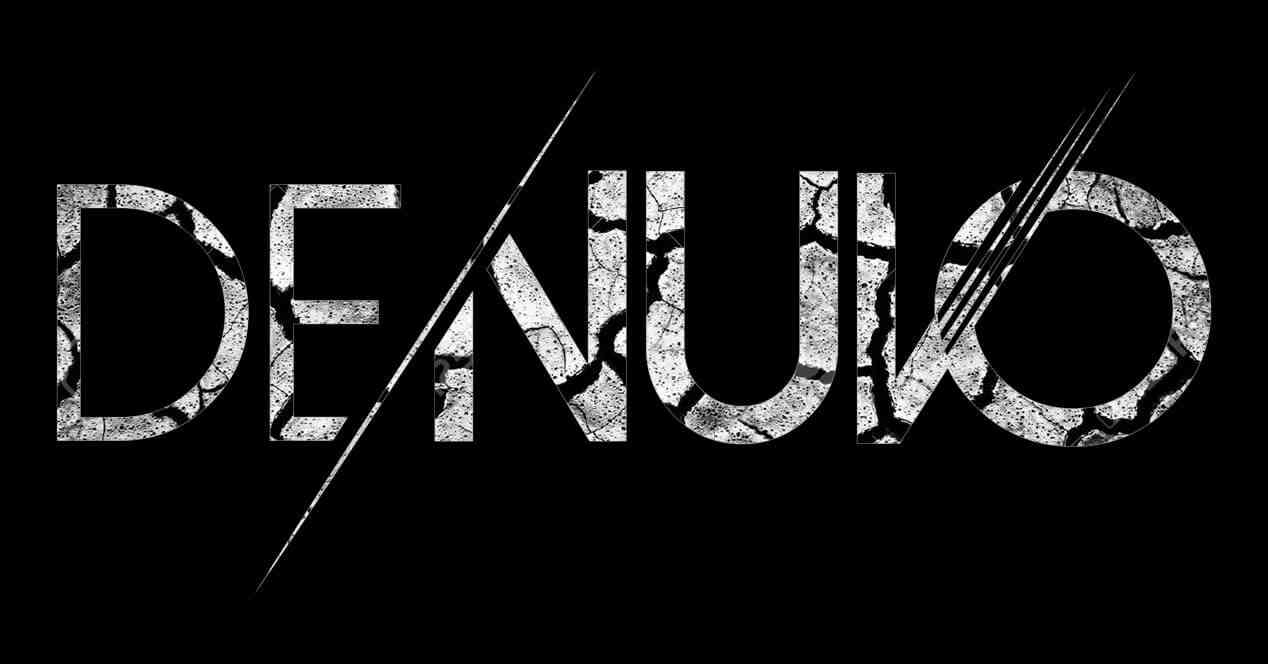
Denuvo
Developers from SecuROM, part of an Austrian company comprised of Sony Digital Audio Disc Corporation employees, continued to work towards protecting licensed content versions. As a result of their many years of labor, the formidable and dreaded Denuvo was born.
Its conceptual idea is as follows: Developers do not restrict buyers’ rights to use the product. They create barriers for those who intend to modify files and bypass established obstacles.
The creators admitted from the beginning that their creation was far from impenetrable, as it could be cracked. Therefore, the time required for this process became the primary focus.
We could directly observe the rise of Denuvo and these games. With each new patch, the time to break increases, and new titles appear on torrents later and later.
FIFA 13 is considered the first game to use the then-unnamed program, lasting thirteen days before being cracked. However, a more advanced iteration of FIFA 14 was held for 46 days, and FIFA 15 was held for almost 90 days.
Cracked versions of Assassin’s Creed: Odyssey had to wait 36 days, Shadow of the Tomb Raider 64 days, and Lords of the Fallen 272 days. Dragon Age: Inquisition, with its two months, and Far Cry 6 and “Guardians of the Galaxy,” with more than eight months, showed excellent results.
It’s clear from the numbers: Denuvo excellently fulfills its primary task – protecting initial sales, which account for the leading revenue share.
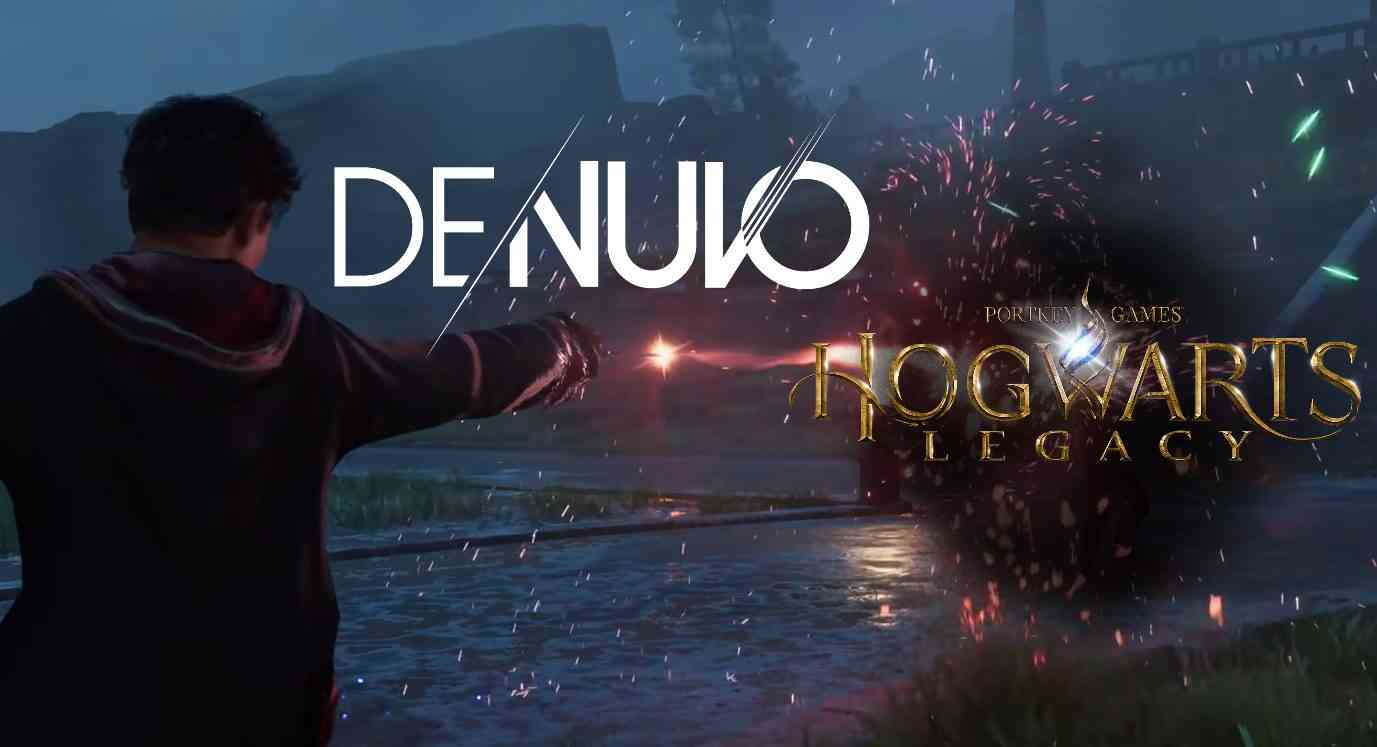
One more unforgivable curse?
The main drawback is numerous performance issues. Users have repeatedly proven that Denuvo adds a load on the hardware, and games like Tekken 7 run much more stable without it.
All difficulties directly relate to its integration into the game code, significantly complicating the cracking process. Of course, there’s also the mandatory requirement of a constant connection to the servers; otherwise, the purchase simply won’t launch.
But even the servers occasionally suffer mishaps. In December 2017, Denuvo servers intended for Warner Bros. projects were down for several days. As a result, gamers couldn’t download updates or launch Batman: Arkham Knight, Mad Max, and Middle-earth: Shadow of War.
In November 2021, due to similar difficulties, Guardians of the Galaxy, Football Manager 2022, Mortal Kombat 11, Total War Warhammer, Shadow of the Tomb Raider, and Yakuza: Like a Dragon were inaccessible for more than ten hours.
Moreover, Denuvo is only helpful if a version with the protective program is leaked online. Rage 2, Doom Eternal, Persona 5 Strikers ‘ these and other projects delighted fans of freebies on release day due to a simple human factor.
Square Enix, for instance, draws it from its works after six months. This decision reflects the diminishing returns of maintaining Denuvo after the initial sales period.
This summer, the company launched SecureDLC ‘ the first DLC protection system. According to the authors, it makes “small changes” to the source code, thereby checking the API’s operation.
Also, developers have opened access to Denuvo’s inner workings for many studios, which should positively affect its efficiency.
Other Programs
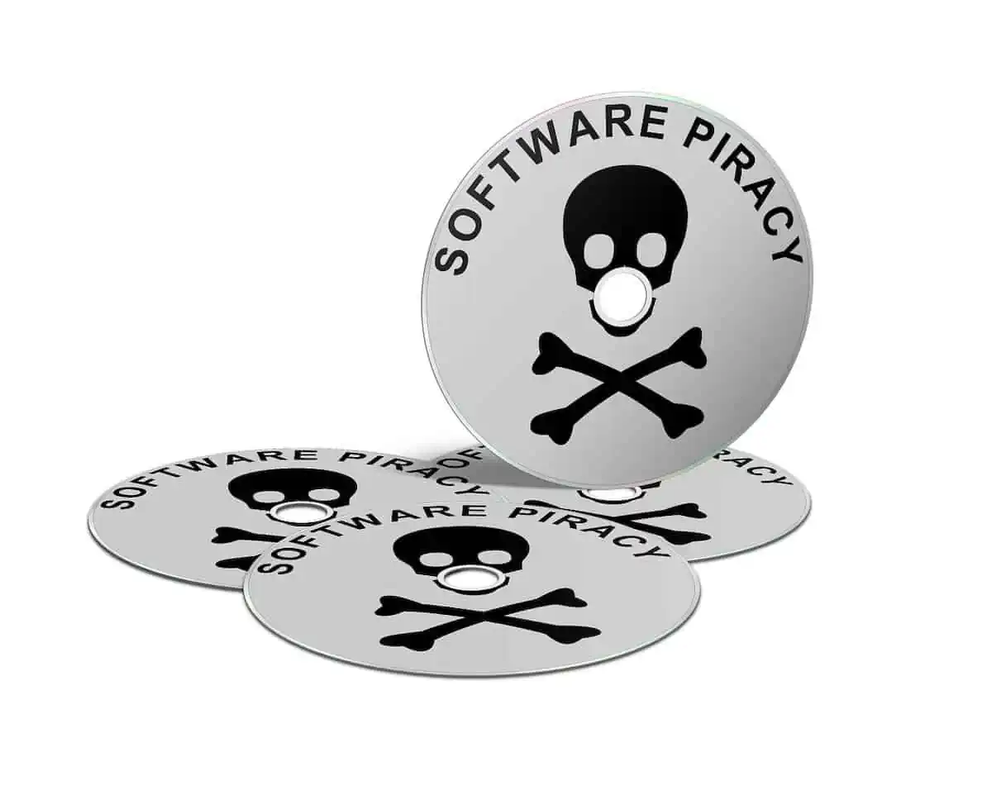
Piracy has many faces
Throughout the long history of the industry, only a few alternatives to Denuvo have been used. Moreover, few showed comparable productivity. And yes, we say that knowing all of Denuvo’s downsides,
Most publishers prefer working with Denuvo, whose new versions continue to protect initial sales. Moreover, since 2019, the creators of anti-piracy software have offered a new anti-cheating barrier, but it has yet to gain wide popularity.
Among the major studios, Rockstar Games stands out, whose own security system is tied to Social Club. Thanks to this, Red Dead Redemption 2 lasted almost a year.
Particularly negative memories are associated with the infamous Star Force. This copy protection could easily break a computer. Moreover, SF was finicky and refused to work on some devices for no apparent reason.
A single discrepancy in the code was enough ‘ the game would not launch, turning the disk into a piece of plastic.
Star Force was a complex set of protective functions stacked on each other. Its use made each disk unique, complicating the copying process.
Moreover, later versions were installed at deep levels of Windows itself, thus recognizing real and virtual images. The development changed PC settings and parameters to meet its needs, often leading to sad consequences.
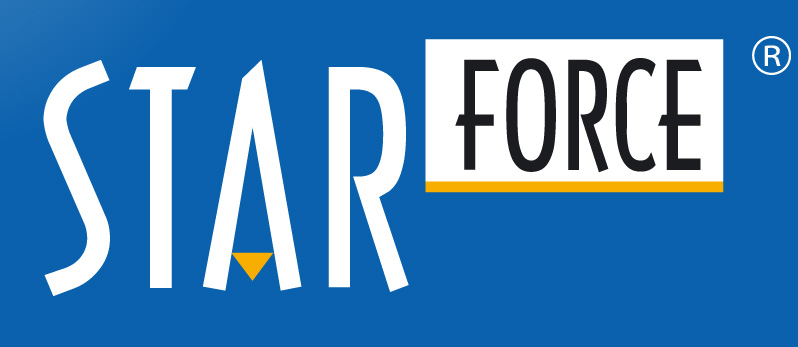
Star Force
Yet, SF was quite effective. Tom Clancy’s Splinter Cell: Chaos Theory was cracked after 422 days. But such effectiveness came at a high price. The program negatively affected hardware performance and quickly wore out CD drives due to constant checks. The hard drive’s speed drastically decreased, and “blue screens of death” became frequent.
As for us, the worst part was that uninstalling the game meant something other than removing SF, as it required special software. It all ended when the new Windows Vista refused to allow the unknown Star Force onto its lower levels.
This completed old projects which could no longer be launched. A five-million-dollar lawsuit against Ubisoft was another nail in the coffin. Although the lawsuits ended in nothing, studios quickly abandoned work with dubious security.
Developer Torments
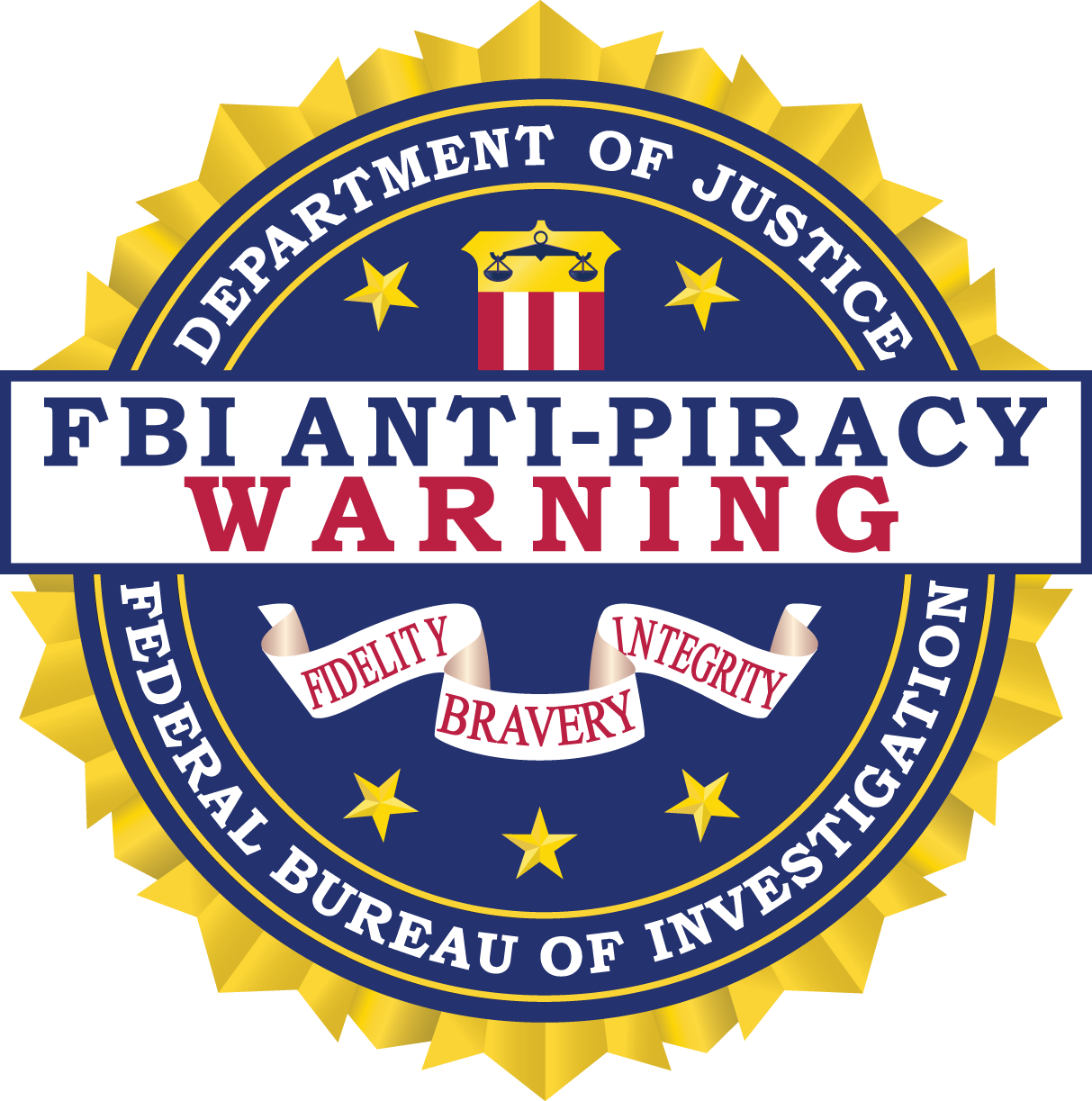
Development comes with a price
Many developers like to torment pirates in various ways. In the illegal copy of Spyro 2: Year of the Dragon, it was simply painful to progress. Either egg would disappear from the inventory, the game would hang and crash, or saves would delete themselves.
In Arma 2, accuracy and weapon damage gradually decreased, turning it into a useless item, and the picture soon began to “swim,” creating the effect of a drunk person. It all was topped off by a considerable logo filling the entire screen.
In Serious Sam 3, an immortal albino arachnid appeared on the initial level, moving incredibly fast and attacking from any distance until Sam was destroyed. If gamers somehow managed to escape from it, the camera would start behaving wildly.
Developers of Skullgirls added a glitch that manifested only in the “free” version. Gamers were greeted with the strange message, “What is the square root of a fish? Now I’m sad.” When curious gamers turned to the developers for explanations, they wished it would be good to purchase their creations.
In Crysis Warhead, any weapon of digital corsairs began shooting harmless chickens. In the unofficial Batman: Arkham Asylum, Bruce Wayne forgot to glide with his cape. Any flight turned into an attraction with endless falls.
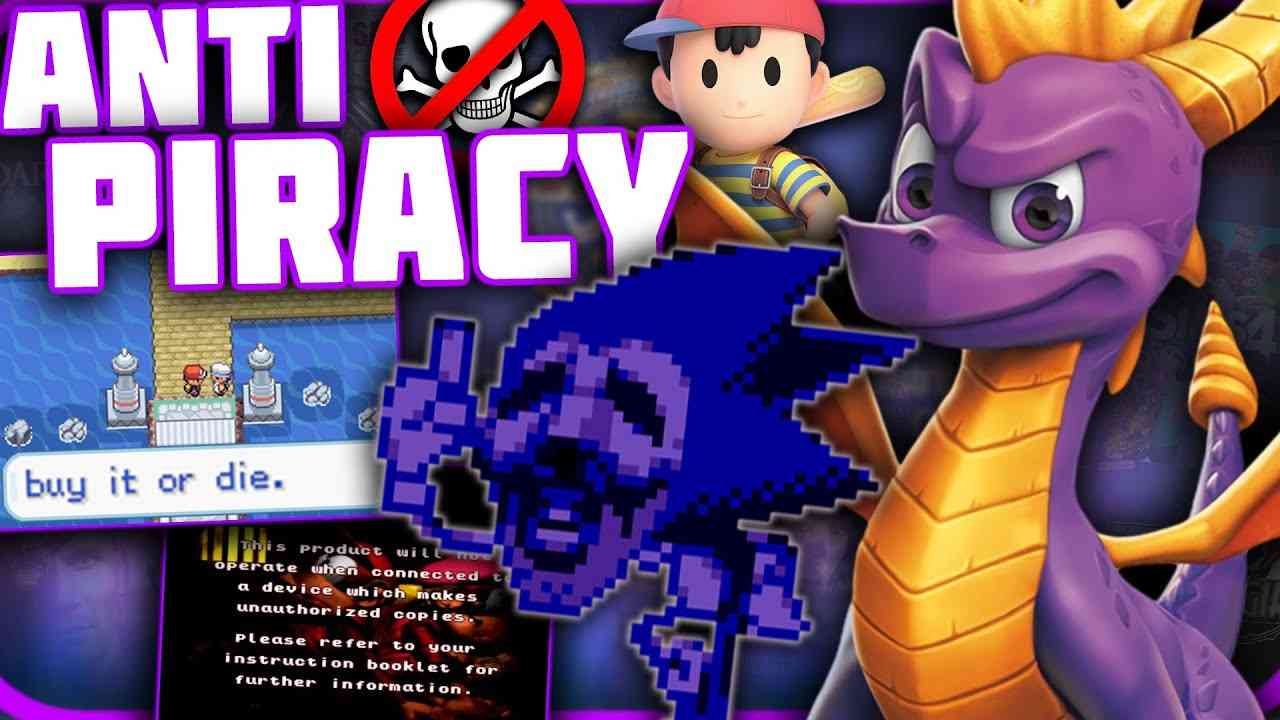
In certain places in Mirror’s Edge, Faith slowed down or even walked instead of accelerating as if afraid of a dangerous stunt. Understandably, for a parkour game, such a limitation was fatal. An interesting aspect was handled in the developer simulator Game Dev Tycoon.
After initial successes, the company began to suffer from in-game piracy, losing a significant part of its profits.
On the eye patch of Alan Wake from the titular title or the protagonist of Quantum Break proudly sported the “Jolly Roger.”
A much more frightening “joke” came from the Poles at CD Projekt RED. When trying to launch a “strawberry” scene in the unlicensed version of the second “Witcher,” instead of the expected heroine, fully clothed Marietta Loredo, an ugly old woman, would appear.
Different studios fight piracy in various ways. Some remove the protection. This was the case with “The Witcher,” Shadow Warrior 2, Humankind, and many other titles. Indeed, only some people want to complicate life for themselves and their customers.
Summary
Beyond the methods discussed, the gaming industry has employed various anti-piracy tactics to safeguard intellectual property.
One notable approach is online authentication, where a game requires periodic verification with the publisher’s server to function, effectively preventing unauthorized copies from accessing game content.
Another strategy is the implementation of unique serial keys that accompany legitimate copies of games, which are required for installation and online play. Some developers have also experimented with watermarking digital files and embedding unique identifiers to trace pirated copies to the original purchaser.
Platforms like Steam have also introduced family sharing and other user-friendly policies to offer more value to legitimate purchasers, reducing the incentive to pirate games.


